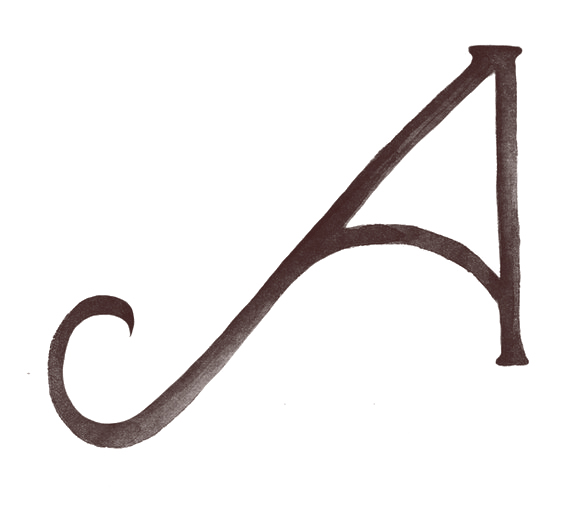Too long, wasn't read? Declutter your writing
Everyone these days seems to bang on about decluttering – our homes, our minds, our calendars, our lives…
And now even our writing? Seriously? Yep. Unnecessary words simply make your text longer and harder to read. (The result? It’s less likely to be read.) Without clutter, your story or message shines through more clearly.
I’m not saying it’s easy (my house remains a constant challenge); but, for me, removing clutter is an essential step in the writing process – best done after the draft has sat overnight. (If you’re struggling, leave it a week: discarding your own words can be particularly difficult.)
Editors have finely tuned clutter radars, and tools to focus your text so that readers can navigate it with ease. Try some of them for yourself:
Cutting clutter: four essential strategies
Thanks to Kyrstie Barcak, author of Grow just one thing for permission to use the following examples.
1 Remove tautologies
Sometimes we say things twice without realising. For example: They have been generously supplying us with a bounty of fruit each year.
Choose “generously” or “a bounty of” – not both.
2 Weed out unnecessary words
I guarantee that you will be able to remove words without changing meaning – and the result will be cleaner text (can you pick what is missing in version 2, below?). Try reading your work aloud: if you stumble over words, there’s a good chance there are too many.
Version 1: Watering frequency and requirements of your growing plant will depend on the weather that you are experiencing. If you are planting in the middle of summer and the temperatures are high then you may need to water plants in pots twice a day.
Version 2: Watering frequency and requirements of your growing plant will depend on the weather. If you plant in the middle of summer then you may need to water plants in pots twice a day.
3 Reword
Another option is to say the same thing more tightly by rewording. The following is an alternative to the paragraph above using 25 words instead of 43.
Weather conditions will dictate how often your growing plant needs watering. During summer, you may need to water seedlings and potted plants twice a day.
4 Avoid too much detail
It’s easy to include every detail when it all seems important. However, too much can obscure your point – especially if it leads the reader away from the main idea. Often it helps to take a break and read afresh to get it in perspective: non-essential detail may become obvious.
Alternatively, if it’s all needed, you could split some information into a separate paragraph or section to avoid distracting or overwhelming readers.
Decluttering is a skill that improves with practice. Stay alert for clutter culprits and don’t be shy about cutting. Be aware that the process may shorten your work significantly – that’s not a bad thing (unless your primary aim is a weighty tome): keep it simple and have more people read it!
May your words pour onto the page,


